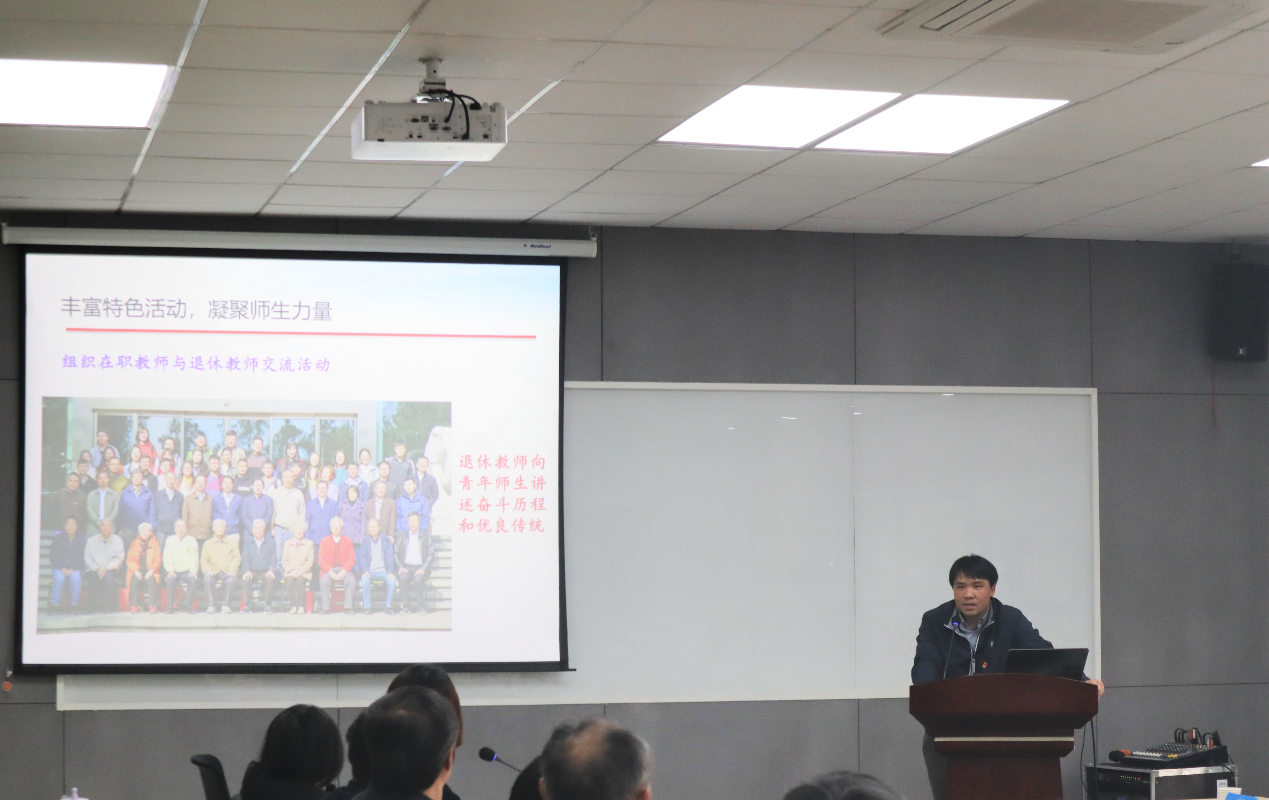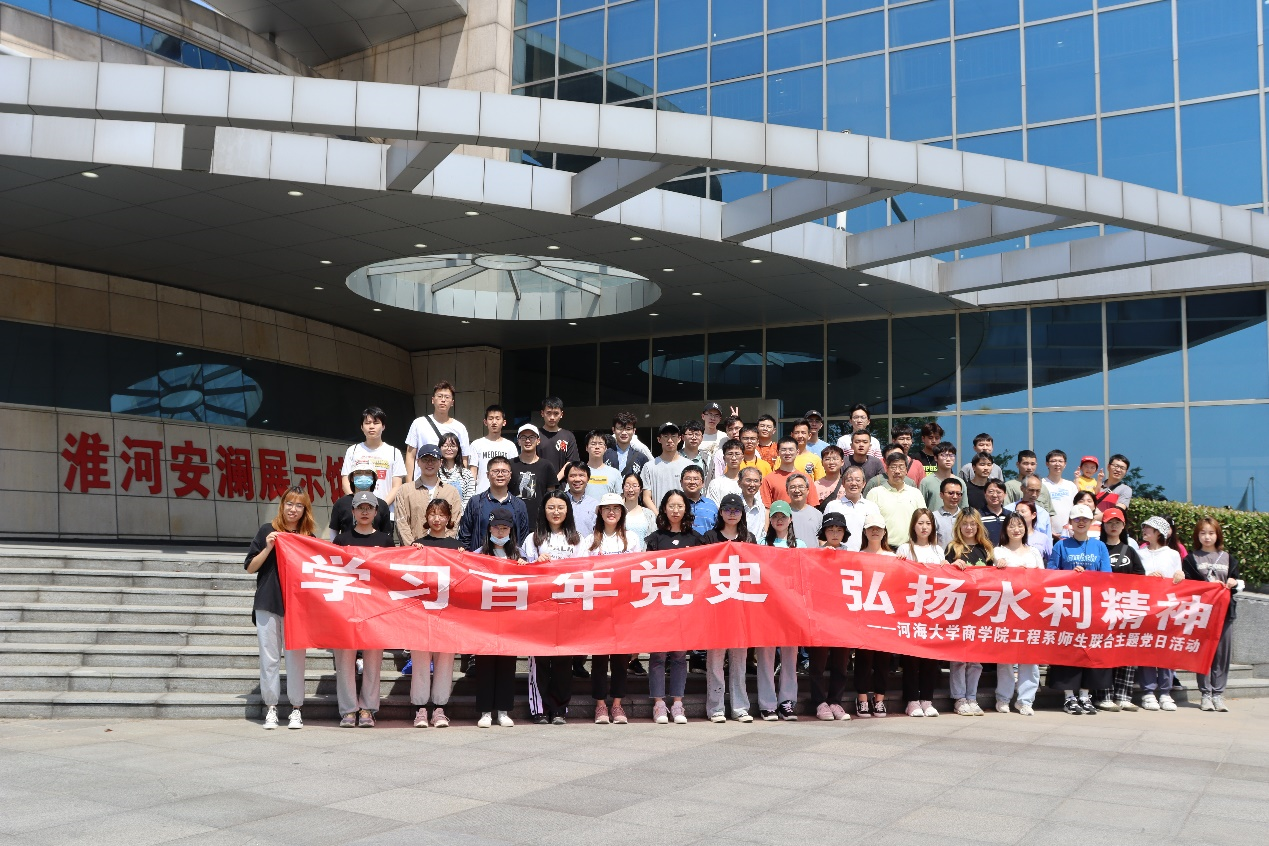Jiyong Ding, male, Ph.D., Associate Professor, Master Supervisor, Youth Committee Member of the Engineering Management Research Branch of the Architectural Society of China. Currently, he serves as the Party Branch Secretary of the Department of Engineering Economics and Engineering Management. He is also the Deputy Director of the Academic Affairs and Degree Management Office and the Deputy Director of the Engineering Management Research Institute at the Business School and has been selected by the Dayu Scholar Program at Hohai University. Dr. Ding has received two First Prizes for Teaching Achievements at Hohai University. He has been honored with titles such as Outstanding Communist Party Member Youth Post Pioneer and Excellent Class Advisor by Hohai University. Under his guidance, students have won more than 10 provincial awards in academic competitions, including five first prizes. He has supervised 5 excellent master's theses at the university level. Since 2017, Dr. Ding has been rated as excellent in his annual evaluations for five consecutive years.
As an editor or co-editor, Dr. Ding has published five textbooks, including one key textbook for Jiangsu Province and one textbook was selected by “the 13th Five-Year Plan” of the Ministry of Housing and Urban-Rural Development. He hascontributed to an online course recognized as a first-class undergraduate course in Jiangsu Province. He has published over 70 papers and five monographs. Dr. Ding has led 10 research projects, including those funded by the National Natural Science Foundation of China, the Ministry of Water Resources' budget projects and key project of water science and technology innovation in Guangdong Province. He has also participated in more than 10 major research projects, including those funded by the National Social Science Foundation and research projects for the South-to-North Water Diversion, etc.
In his eight years of teaching, Dr. Ding has adhered to the fundamental task of fostering virtue through education, he follows the principles of education and student growth, teaching in line with the student's ability, learning and growing alongside them. He cares deeply for his students, setting good example for students, maintaining a decent and upright demeanor, upholding rigorous teaching standards. Dr. Ding strictly adheres to academic norms, maintaining rigorous scholarly conduct, he is honest, upright, self-disciplined and dedicated to teaching with integrity. He has strong spirit of utility and cooperation, dedication, a spirit of sacrifice and a sense of responsibility. He works diligently and responsibly, enjoying innovation, caring for his colleagues, and upholds excellent professional ethics.
(1) Taking students as a mirror, teaching and learning grow together.
As for student cultivation, Dr. Ding adheres to the principle of taking students as a mirror, promoting mutual growth in teaching and learning. He believes that students are a reflection of their teachers and advocates for lifelong learning and growing together with students. Consequently, he frequently communicates with students to discuss the suitability of training methods and how to better build teacher-student relationships, demonstrating a keen ability to listen to student feedback.
Each year, Dr. Ding supervises 3-4 undergraduate students in their thesis (design) work and serves as their mentor throughout their four-year undergraduate journey, providing guidance on direction, mindset, and academics. He helps them with planning and encourages them to actively engage with their teachers. Additionally, he has guided over 50 master's students, including 18 academic master's students and 3 international MBA students, and has assisted in supervising several doctoral students. Dr. Ding focuses on developing the comprehensive abilities of graduate students, encouraging them to participate actively in various research activities, such as writing research reports and funding proposal, conducting practical investigations.
Under his guidance, five master's theses have been recognized as excellent at Hohai University. His students have achieved notable accolades, including one being named the Technology Star among Hohai University graduate students. Dr. Ding has received several honors, such as Outstanding Class Advisor (2017-2018 academic year), Outstanding Undergraduate Thesis (Design) Supervisor (Class of 2021), and Outstanding Undergraduate Advisor of the Business School (2017, 2018).
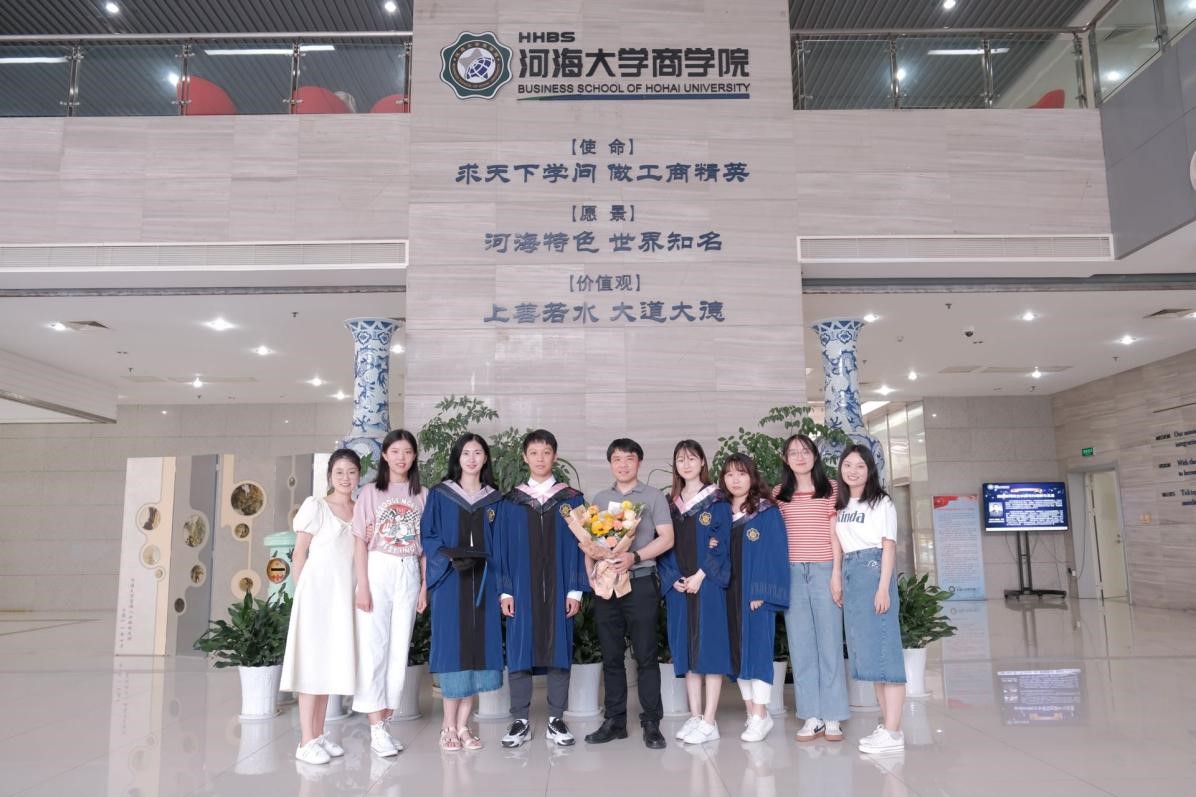
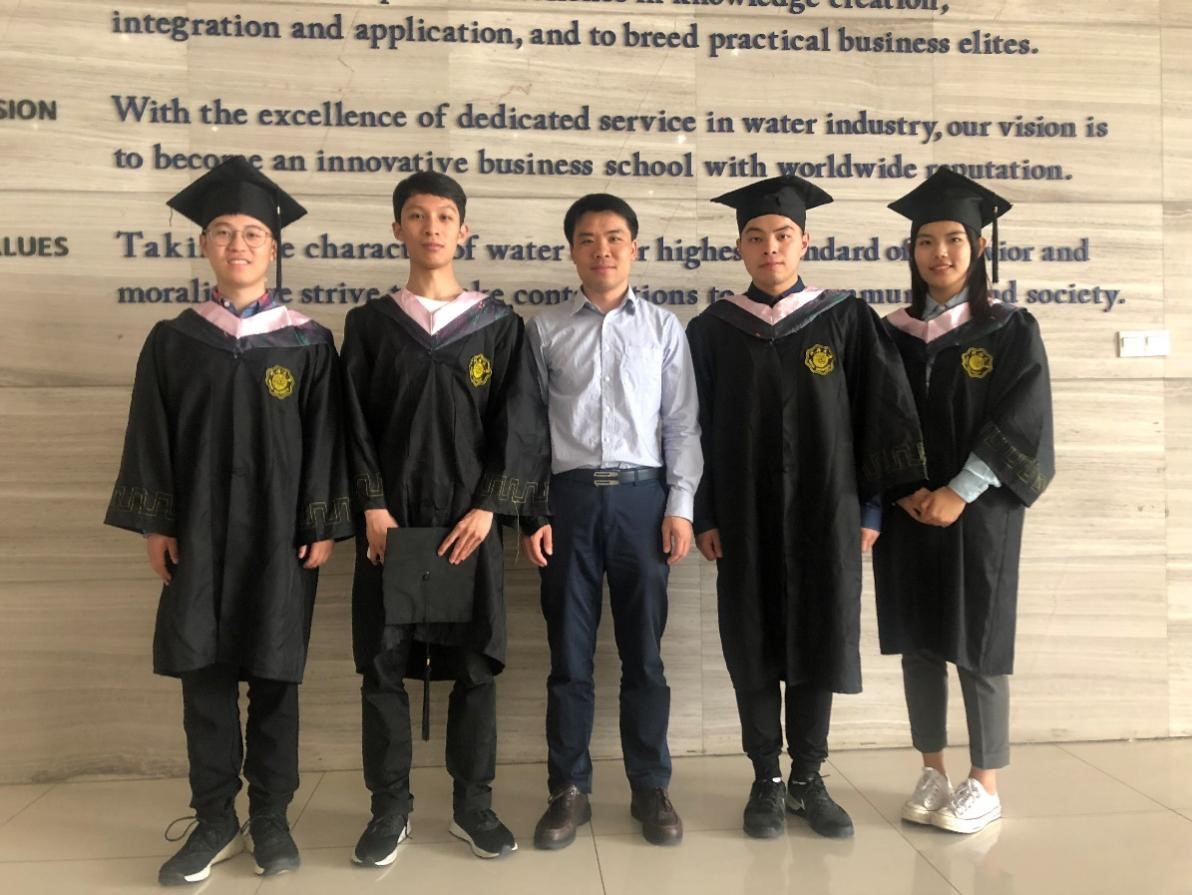
(2) Teaching in line with the student's ability, providing personalized guidance.
At the undergraduate level, as a mentor and class advisor, Dr. Ding considers the actual needs of the students, their individual differences, and general learning patterns. He employs a combination of class-wide, categorized, group, and individual guidance to teaching in line with the student's ability He primarily uses face-to-face meetings supplemented by phone, WeChat, and other methods to provide personalized guidance in areas such as class and study atmosphere, study methods, scientific research, social practice, academic competitions, career planning, graduate school applications and overseas study applications. He also focuses on students' ideological guidance and pays attention to their thoughts and psychological dynamics. During his time as a class advisor, he holds at least two full class meetings each semester, multiple meetings with class committees, and small meetings for students facing difficulties. He also arranges individual meetings for students with special circumstances.
At the graduate level, considering the students are spread across two campuses, Dr. Ding combines online and offline methods to communicate with students. He holds at least one group meeting weekly and individual meetings every two weeks. In research projects and teaching assistance, he assigns tasks based on the students' educational backgrounds and personal foundations. He guides them to leverage their strengths, clarify their research interests, select research topics, and enhance team collaboration to promote mutual improvement.
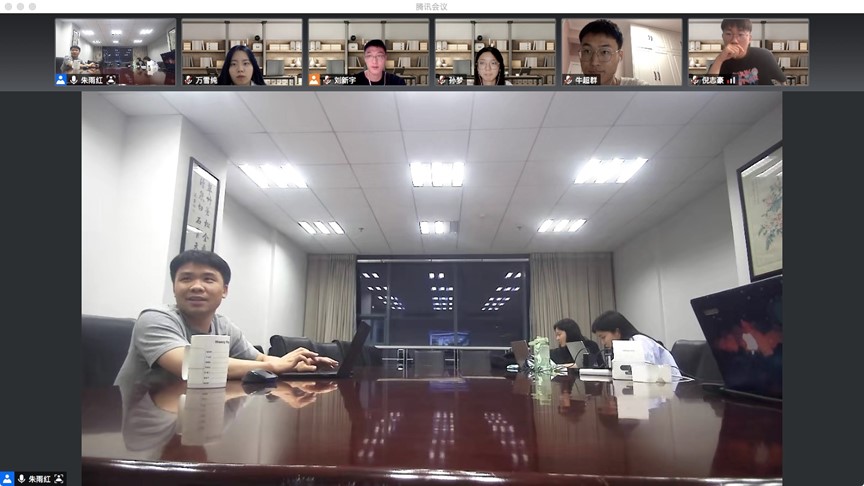
(3) Actively promoting educational and teaching reforms.
Dr. Jiyong Ding actively promotes educational and teaching reforms. He has presided over and completed one educational reform project (2017), participated in one Jiangsu provincial research project on graduate education and teaching reform (2022), and one university-level key educational reform project (2021). Collaborating with colleagues in the department, he explores and practices innovative approaches to talent cultivation mode reform through team collaboration, internal integration, inter-school cooperation, school-enterprise cooperation, and international certification. Through years of continuous efforts, he has gradually formulated a new model for cultivating innovative talents in engineering management, emphasizing the integration of industry and commerce, diversity, and comprehensive development.
Relying on water-related engineering projects, he deeply involves both faculty and students in reform practices, exploring distinctive elite talent cultivation models for engineering management majors in water conservancy colleges and universities. As the primary writer, he has summarized relevant achievements, winning two first prizes in the Hohai University Teaching Achievement Awards in 2018 and 2020.
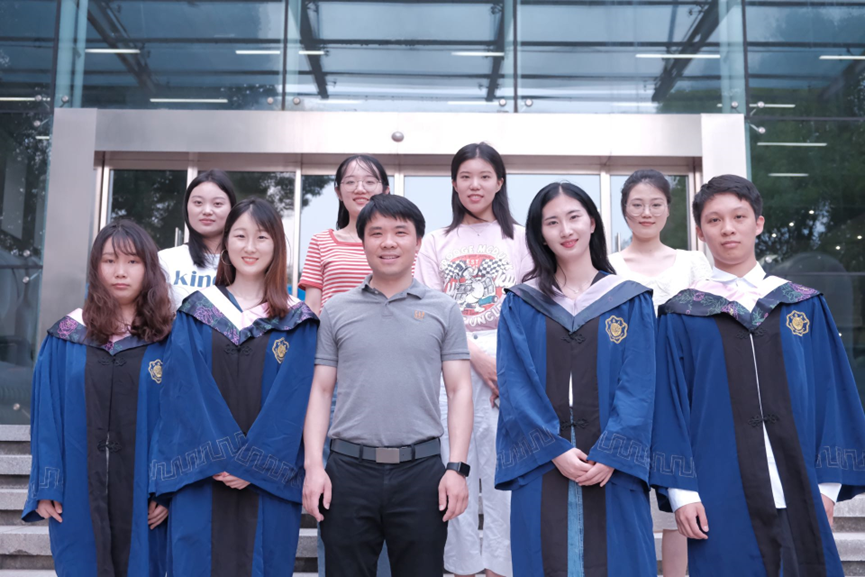
(4) Promoting teaching through research and research through teaching, fostering mutual growth between teaching and research.
Dr. Ding has long been devoted to research in the fields of engineering transactions and governance, as well as water conservancy construction and management. He has led a total of 10 projects, including National Natural Science Foundation Youth Projects, Ministry of Water Resources budget projects, and key project of Guangdong Province Water Science and Technology Innovation. Additionally, he has participated in over 10 major research projects, including those funded by the National Social Science Foundation, Jiangsu Provincial Social Science Foundation, and the South-to-North Water Diversion Project.
He has published over 70 papers and authored five monographs. Dr. Ding has also contributed to national publishing projects such as the National Publishing Fund project Research Series on Construction and Management Innovation of Wind Farms and “the Thirteenth Five-Year Plan” National Key Book Publishing Plan project China South-to-North Water Diversion Project- Quality Supervision Volume. He has also been involved in the compilation of works such as the 2020 National University Press Theme Publishing Selection series Research on Yangtze River Protection and Green Development - Comprehensive Volume 2019.
Dr. Ding actively integrates research achievements into classroom teaching, promoting teaching through research and fostering mutual growth between teaching and research. As a result, he has won the second prize in the teaching competition at Hohai University and the second prize in the Jiangsu Province Engineering Management Young Teachers' Teaching Competition.
He extracts research content from his projects and transforms it into research projects suitable for undergraduate and graduate students. He guides students to participate in various disciplinary competitions, such as the Jiangsu Province Internet+ Competition and the Jiangsu Province Engineering Management Innovation, Entrepreneurship, and Practice Competition, where they have won over 10 provincial awards, including five first prizes.
Dr. Ding ensures that the latest research findings are promptly incorporated into textbook and curriculum development. He has served as the main or associate editor for five textbooks, including one key textbook for Jiangsu Province and one textbook planned by the Ministry of Housing and Urban-Rural Development during “the 13th Five-Year Plan”. He has also been involved in the development of two MOOCs, one of which, Engineering Project Management, has been recognized as one of the first-class undergraduate courses in Jiangsu Province. Additionally, he has participated in the construction of two courses on ideological and political education.
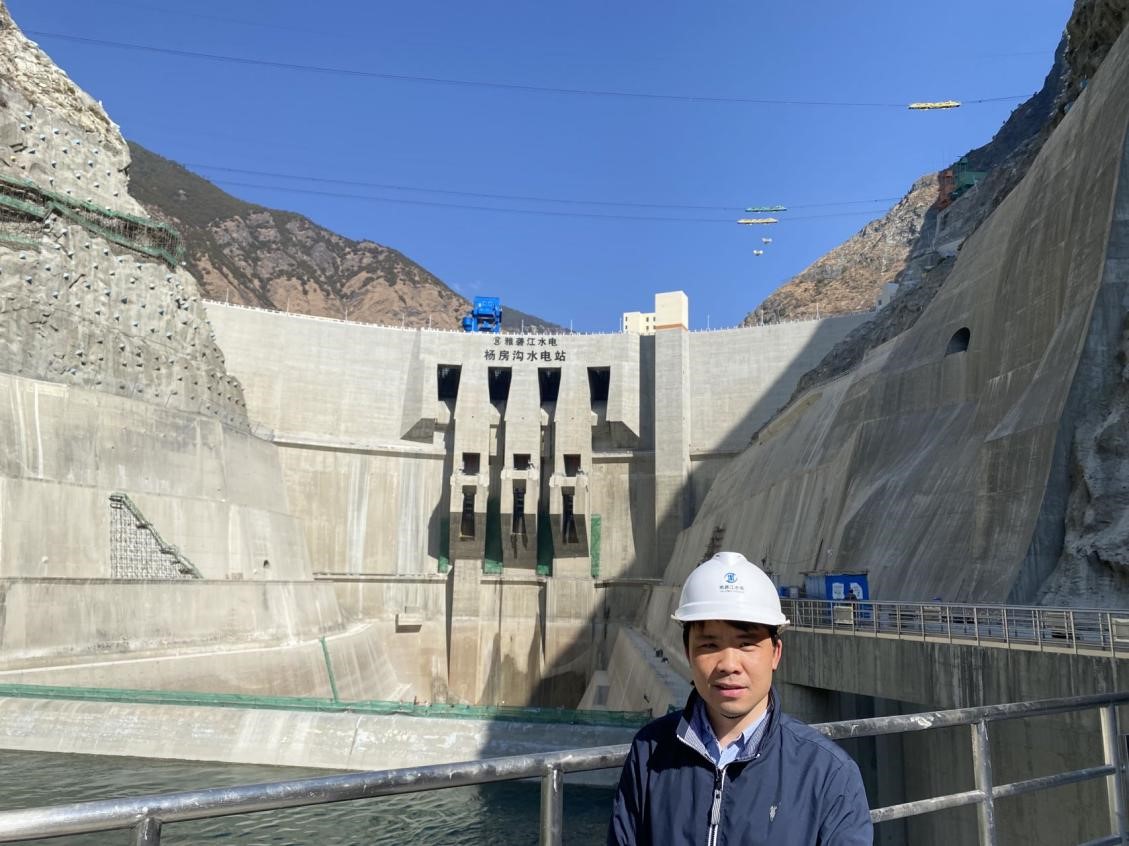
(5) Promoting collaborative efforts between teachers and students, taking proactive initiatives.
Since assuming the role of Party Branch Secretary of the Department of Engineering Economics and Engineering Management, Dr. Ding has actively inherited the fine tradition of forging ahead in unity, continuously promoting the collaborative construction of the Party branch between teachers and students, integrating the Party branch with student unions. Together with the faculty and students of the department, he has organized a series of distinctive activities, including inter-school faculty and student gatherings, visits to retired teachers, and farewell ceremonies for graduating students. He has taken proactive initiatives in undertaking the construction of first-class undergraduate majors at the national level and branded majors in Jiangsu Province, facilitating the effective integration of party building and professional work, enhancing the cohesion of teachers and students.
The Party branchesof teachers and students respectively received the Advanced Grassroots Party Organization award in 2019 and 2021, as well as the first prize for Best Party Day Activity in 2021. Additionally, he serves as the Deputy Director of the Academic Affairs and Degree Management Office at the Business School and the Deputy Director of the Engineering Management Research Institute. He led the revision of the MEM training program (2020 version) and has been responsible for the compilation of reports for international certifications such as PMI and BGA, engineering management major assessments, MEM degree point assessments, and the disciplinary assessments by the Ministry of Education. He has also organized events such as the Graduate Academic Training Camp and the Hohai Engineering Management Forum, organizing over 10 training lectures on research methods or special research topics for graduate students each year. He plays a key role as a core backbone in disciplinary and major construction and talent cultivation. In all these activities, he actively promotes joint planning and participation by teachers and students.
